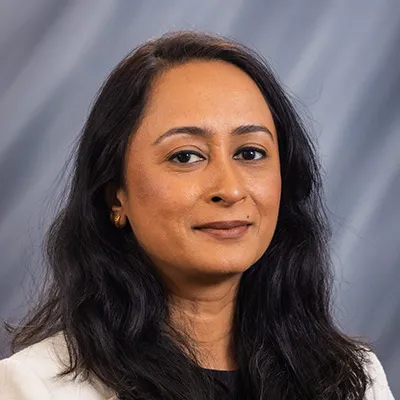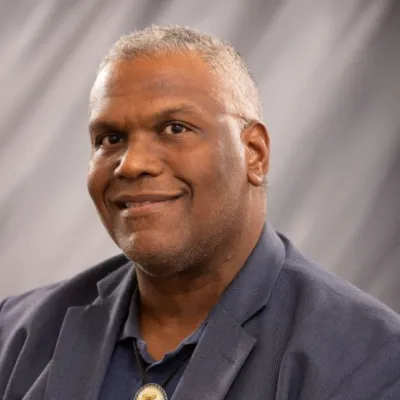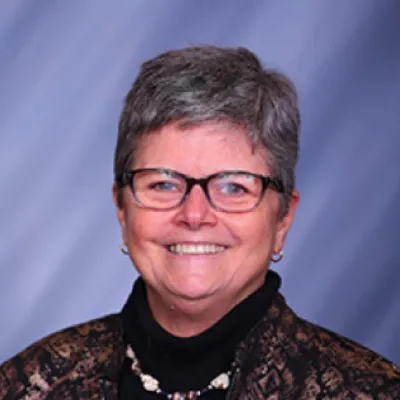Marketing and Entrepreneurship Faculty Research
We understand the latest consumer and marketing trends
Our faculty have diverse expertise within the marketing profession, from social media marketing to pricing. Their research within the discipline creates new insights and observations.

Narmin Tartila Banu
Narmin Tartila's research spans two complementary streams. The first examines consumer behavior in relation to sustainability, focusing on how messaging style and message source can motivate pro-environmental actions. The second investigates consumer behavior in AI and healthcare, with an emphasis on accountability, regret and adoption. She has presented work from both streams at leading academic conferences in North America and Europe.

Matthew Bunker
Matt specializes in service marketing and customer service, but always with an eye toward the dark side. What happens when service fails? What makes a customer forgive the company instead of holding a grudge forever? When does a company's customer service interface just make a consumer feel powerless and more angry than ever? What does social media behavior really mean? Does sharing a meme or liking a page on Facebook say more about the company or the consumer's own feelings? How does the customer's own sense of community influence her satisfaction with a product? Matt's research will convince you that providing good customer service is a lot harder than it sounds!

Karthik Iyer
Long before Covid-19 taught the world about supply chain disruptions, Karthik had been studying supply chain resilience and lean. What resources and capabilities, collaborative activities, alliances, and organizational learning practices allow a company's supply chain to survive disruptions, stressors, and black swan events to deliver performance outcomes? His latest project takes a look at disaster response supply chains, relief organizations and service providers -- maybe the most critical supply chains of all -- to figure out what they need to keep relief supplies flowing quickly and effectively.Hobbies & InterestsKarthik loves traveling and the outdoors. Nature enthusiast, loves going on safaris, and has a special interest in big cats. Other interests include historic places. Reads primarily nonfiction – nature, space, history and current global issues.

Joseph Miller
Services Marketing, Service Failure, Service Strategy

Christine Schrage
As the College's coordinator of global opportunities, Chris focuses on the hands-on skills involved in international management and marketing. You'll find many of her research reports on the resource pages of the National Association of Small Business International Trade Educators (NASBITE), which prepares both students and trade professionals to sit for the Certified Global Business Professional (CGBP) exam. Getting her own hands dirty characterizes Chris' favorite research, and her student's projects and trips often lead to case studies and articles about supply chain problems, international entrepreneurship, and micro-credit operations in underdeveloped countries.

Gunwoo Yoon
The department's newest faculty member also focuses on the newest marketing techniques: social media and gamification and their effects on the ways consumers think and decide. The results demonstrate both the complexity of human cognition and the power of digital media to harness that complexity. How could it matter, for example, whether you ask customers to rate their choices with an "X" or a checkmark? What difference would it make if social media ads were delivered on a sunny or a cloudy day? Turns out to be quite a lot, along with a lot of other fascinating things we've forgotten to notice like avatar appearance, emoji choices, and multitasking.
